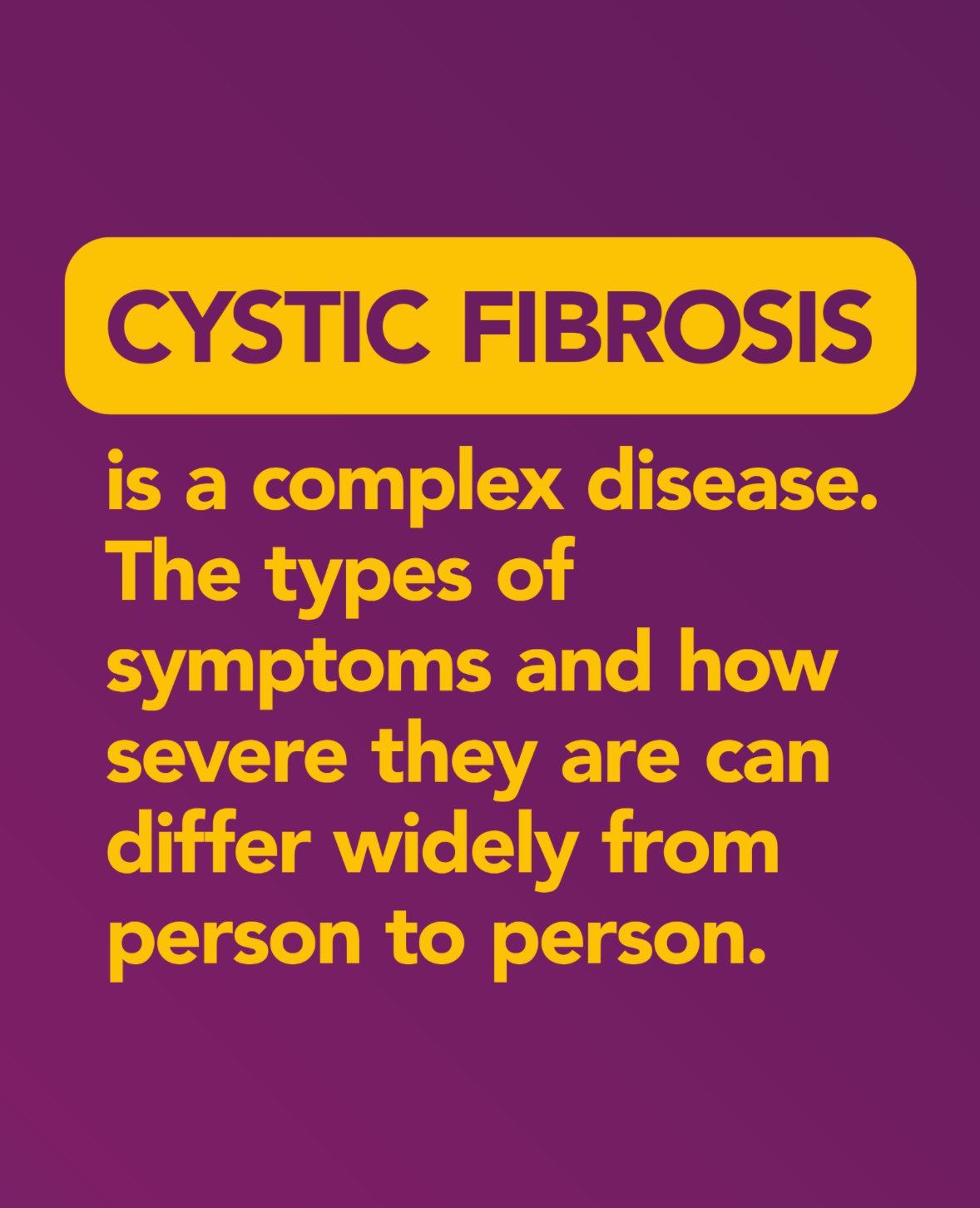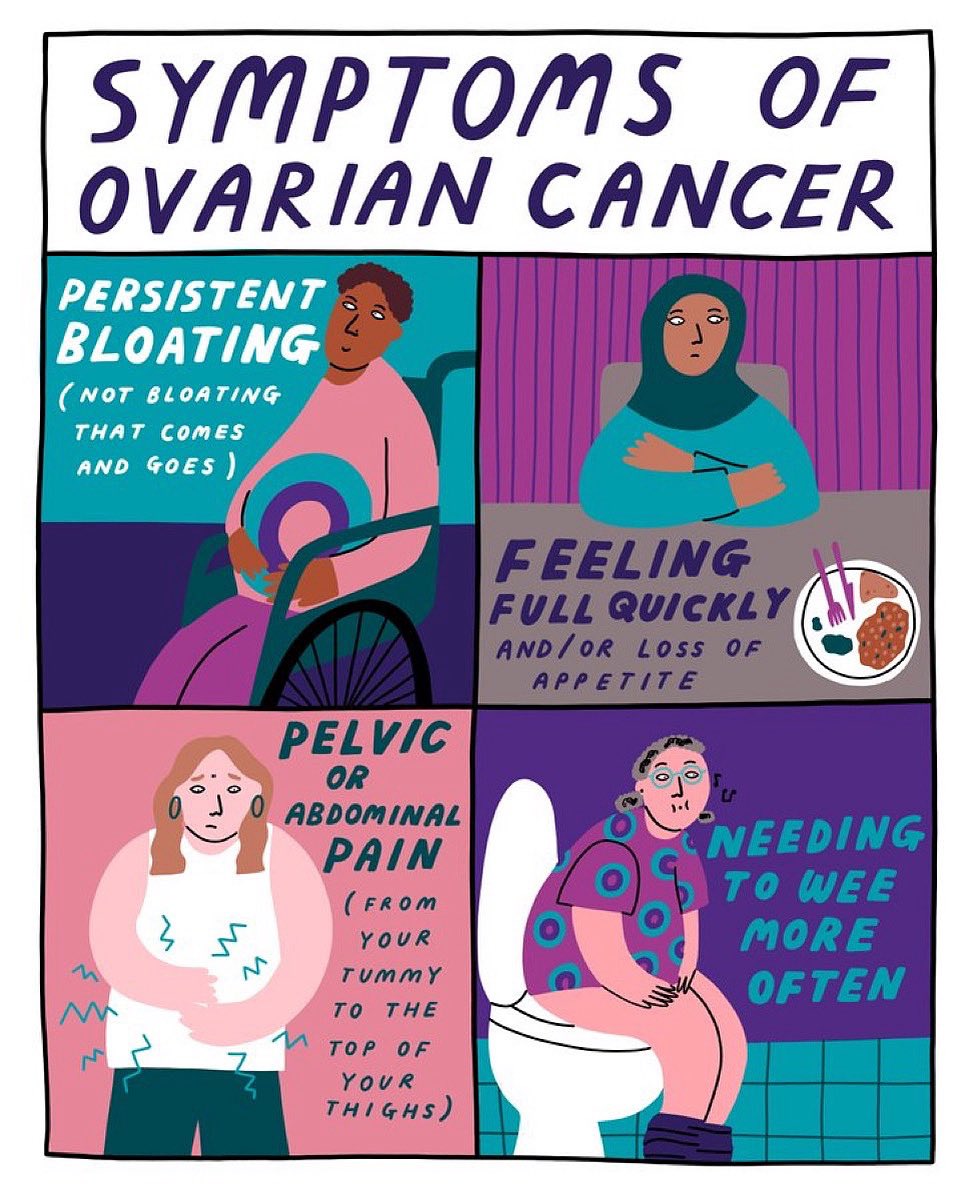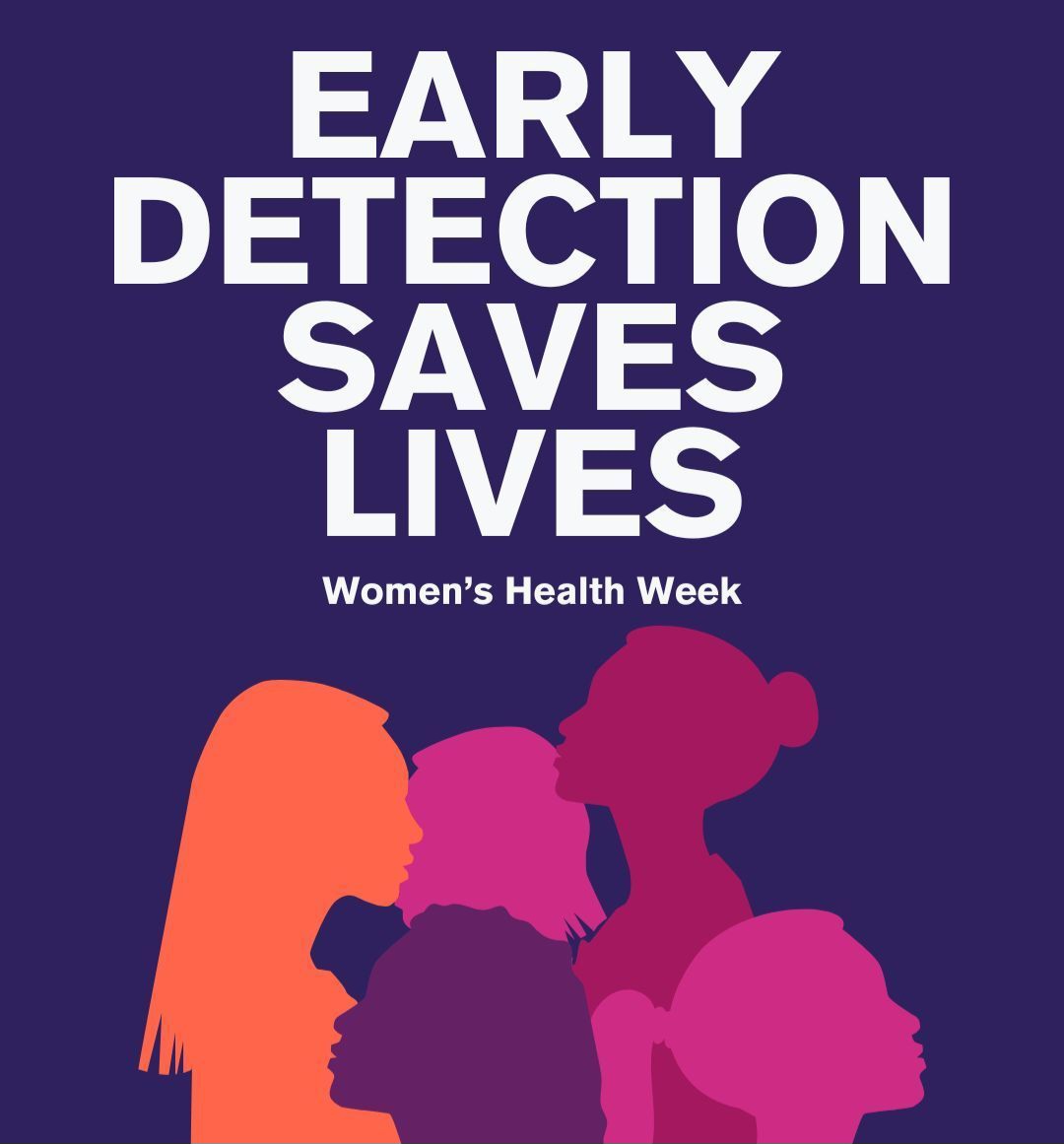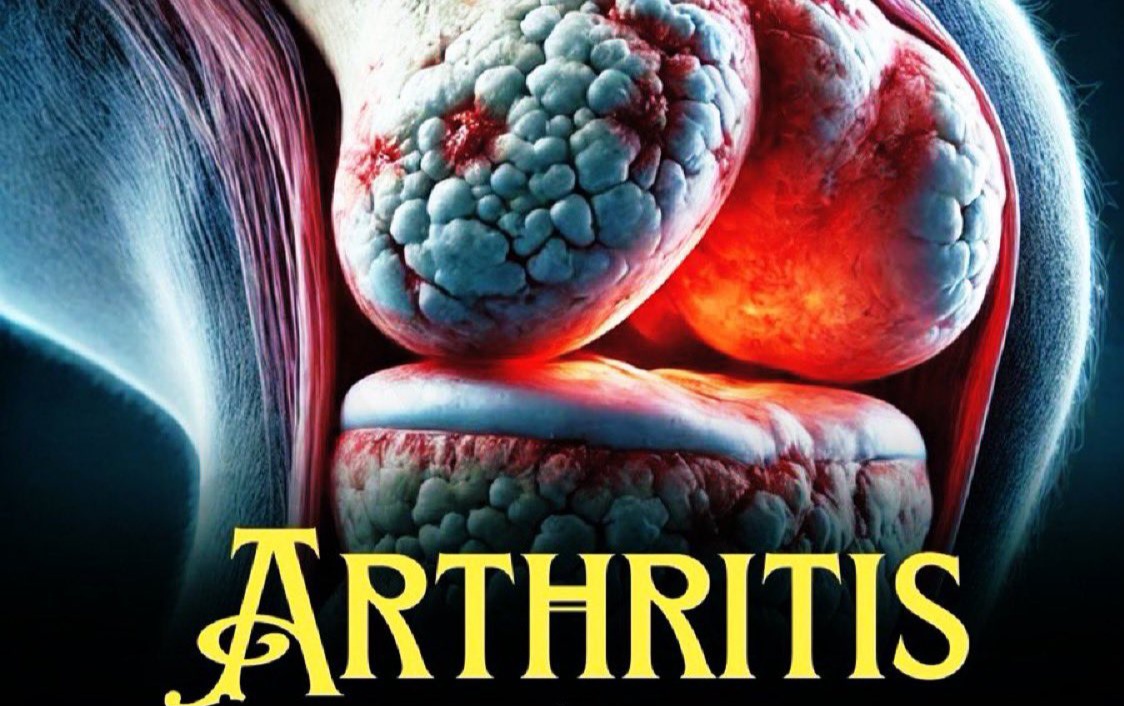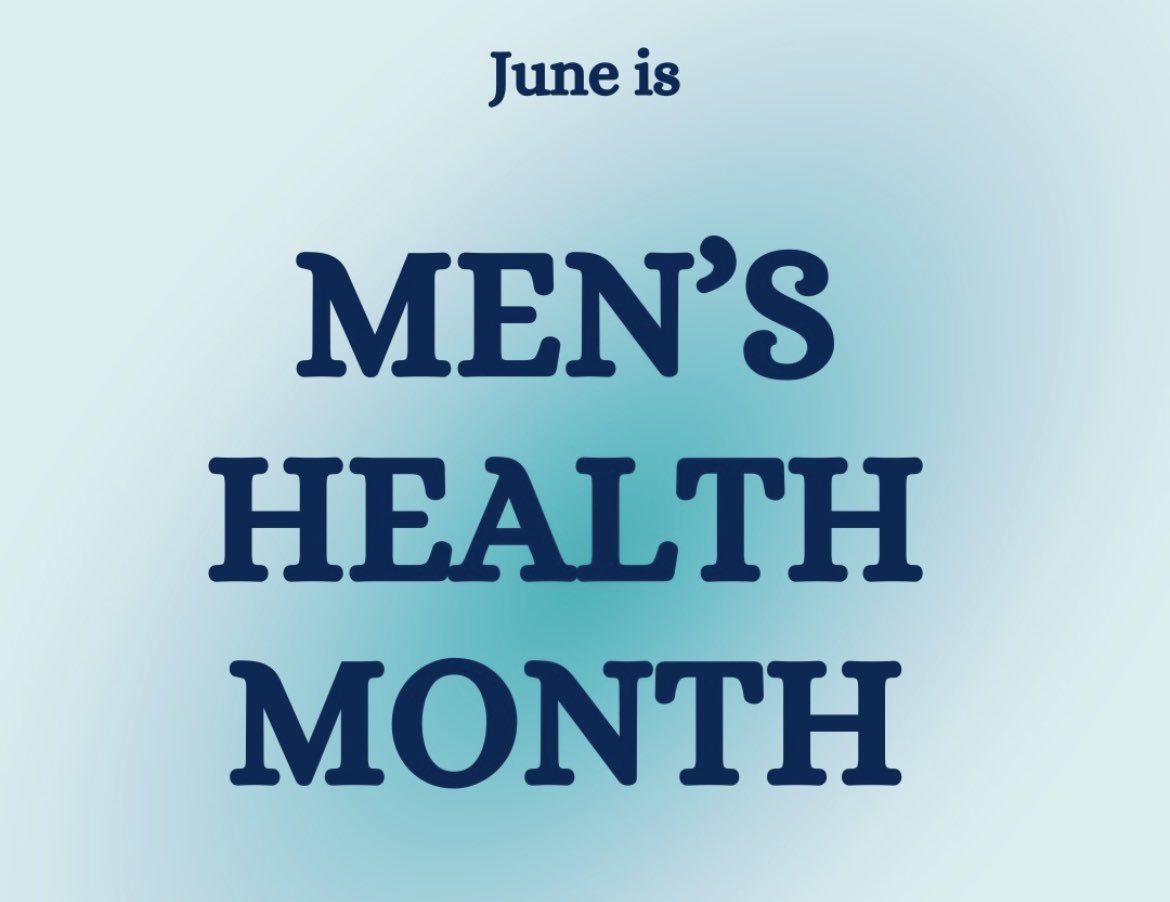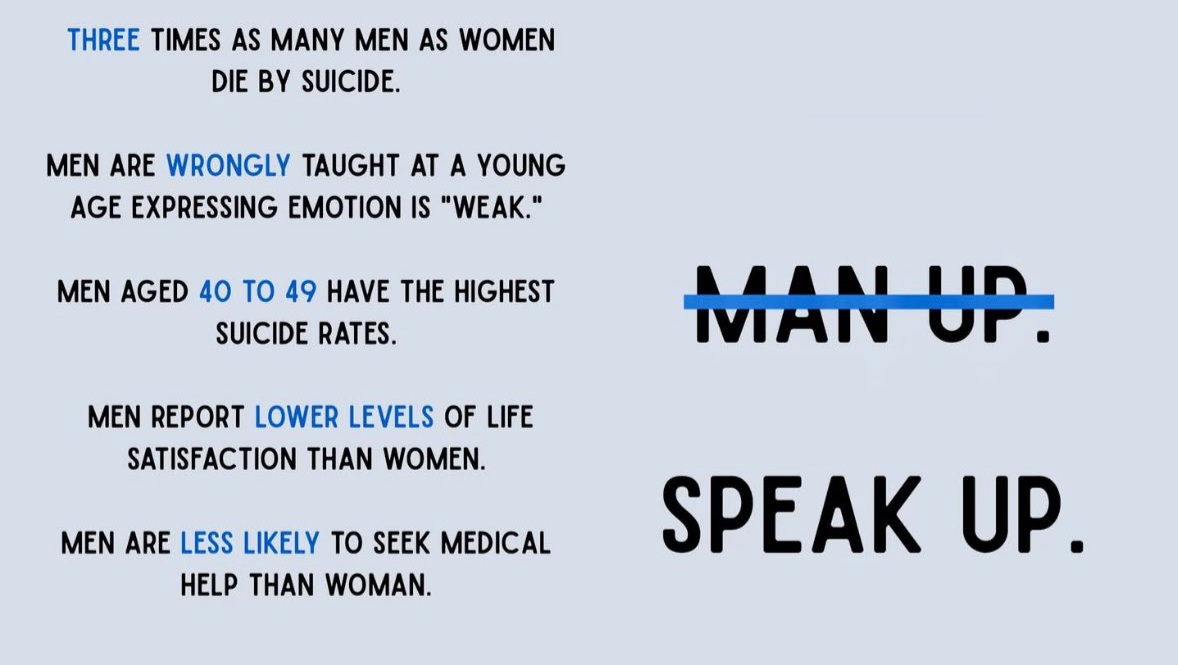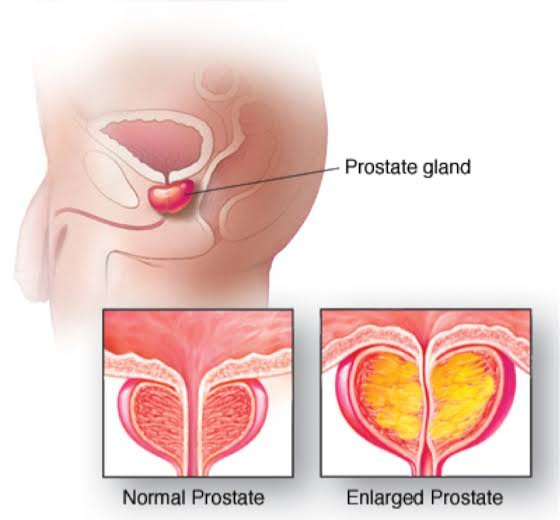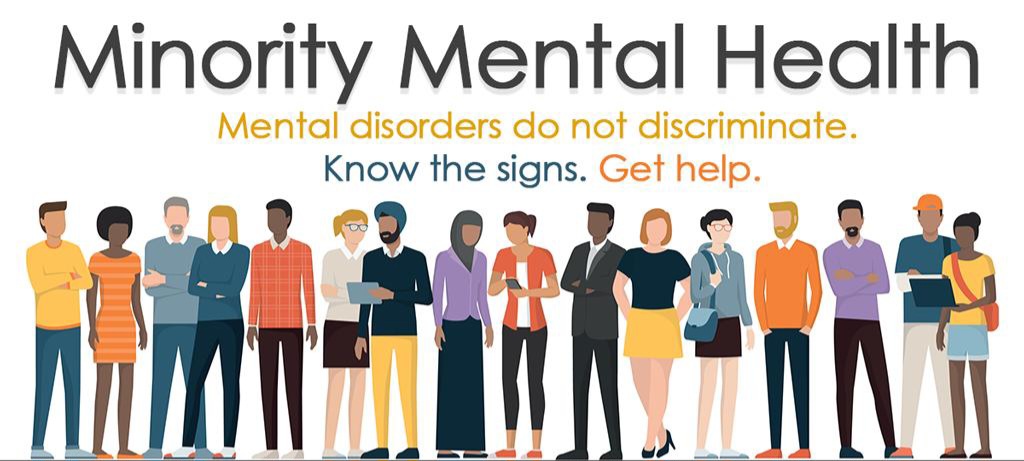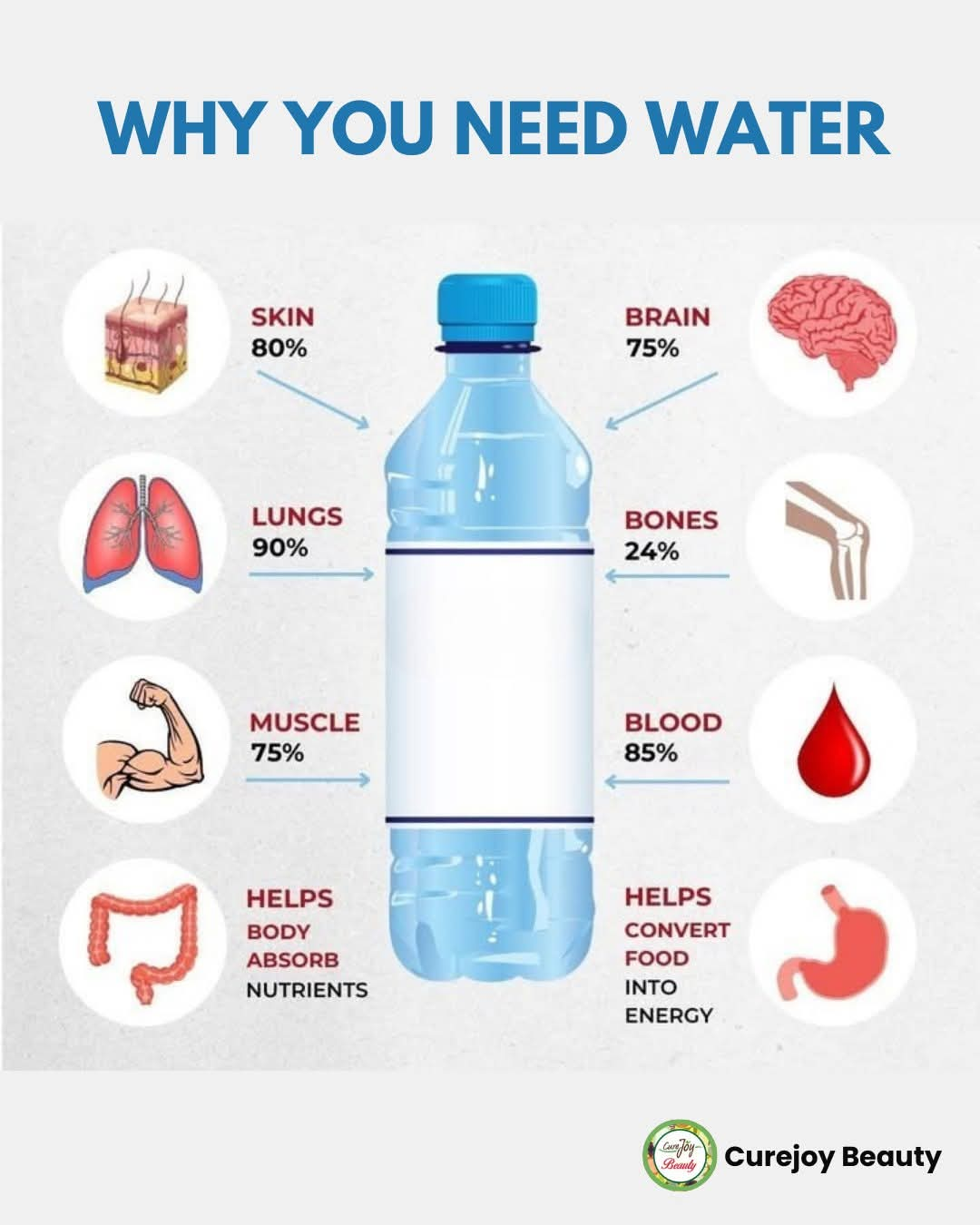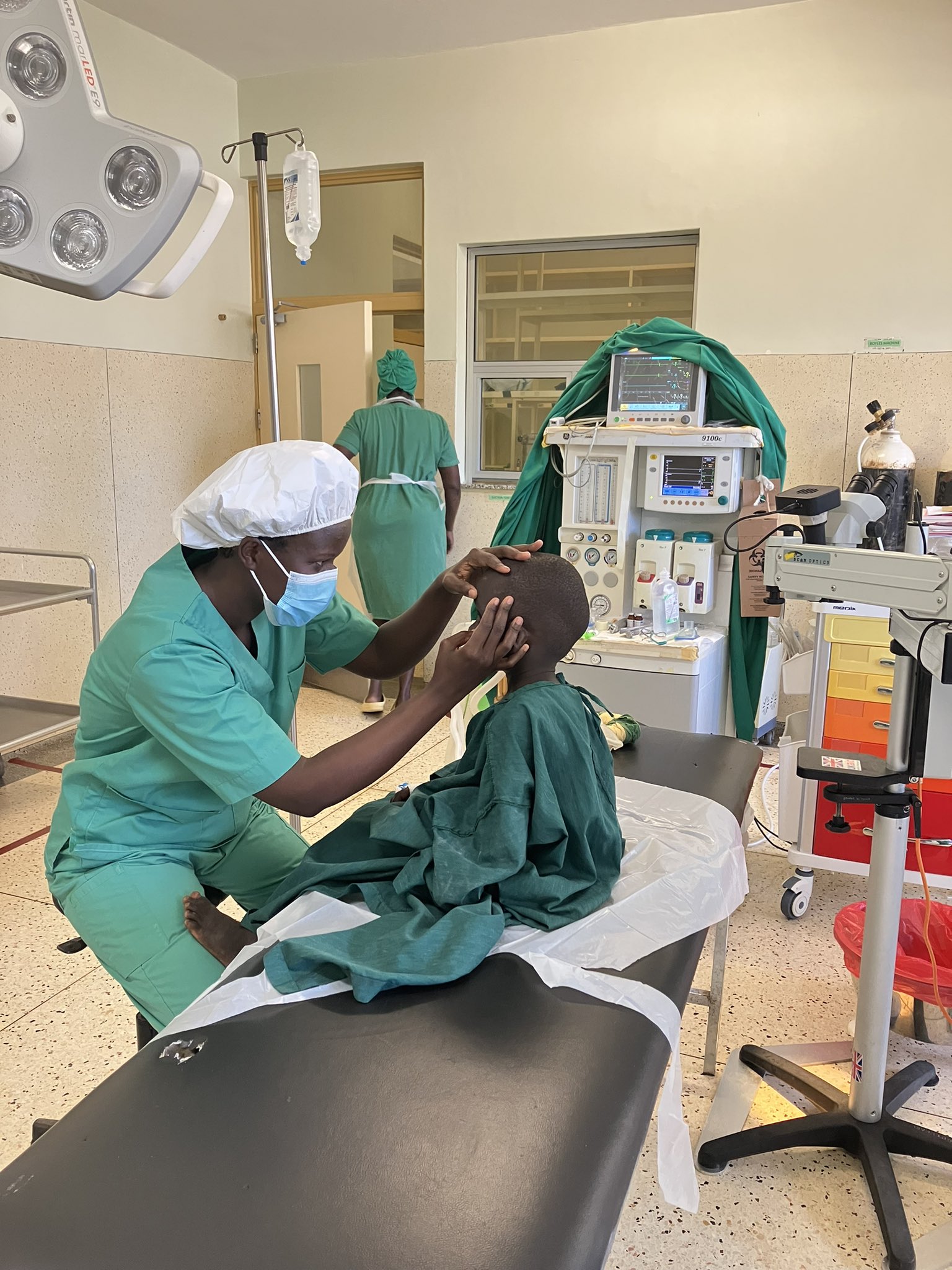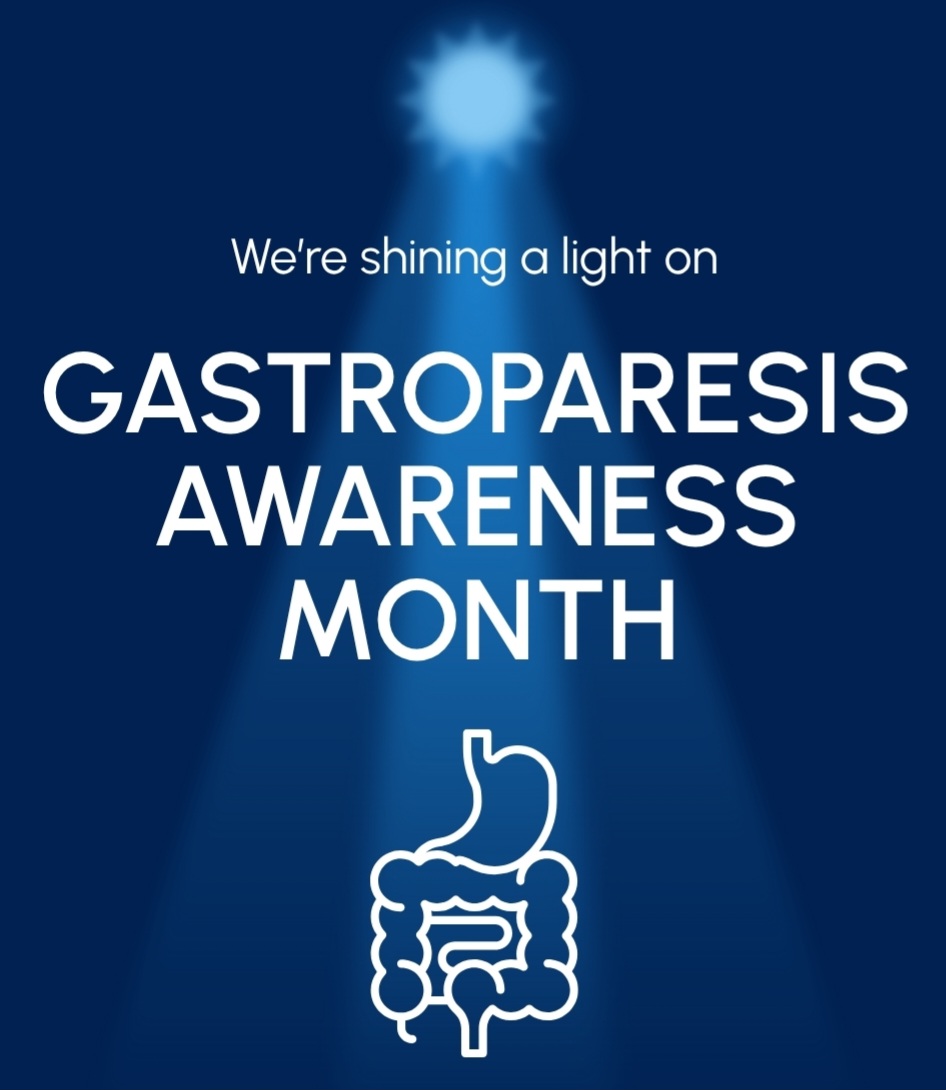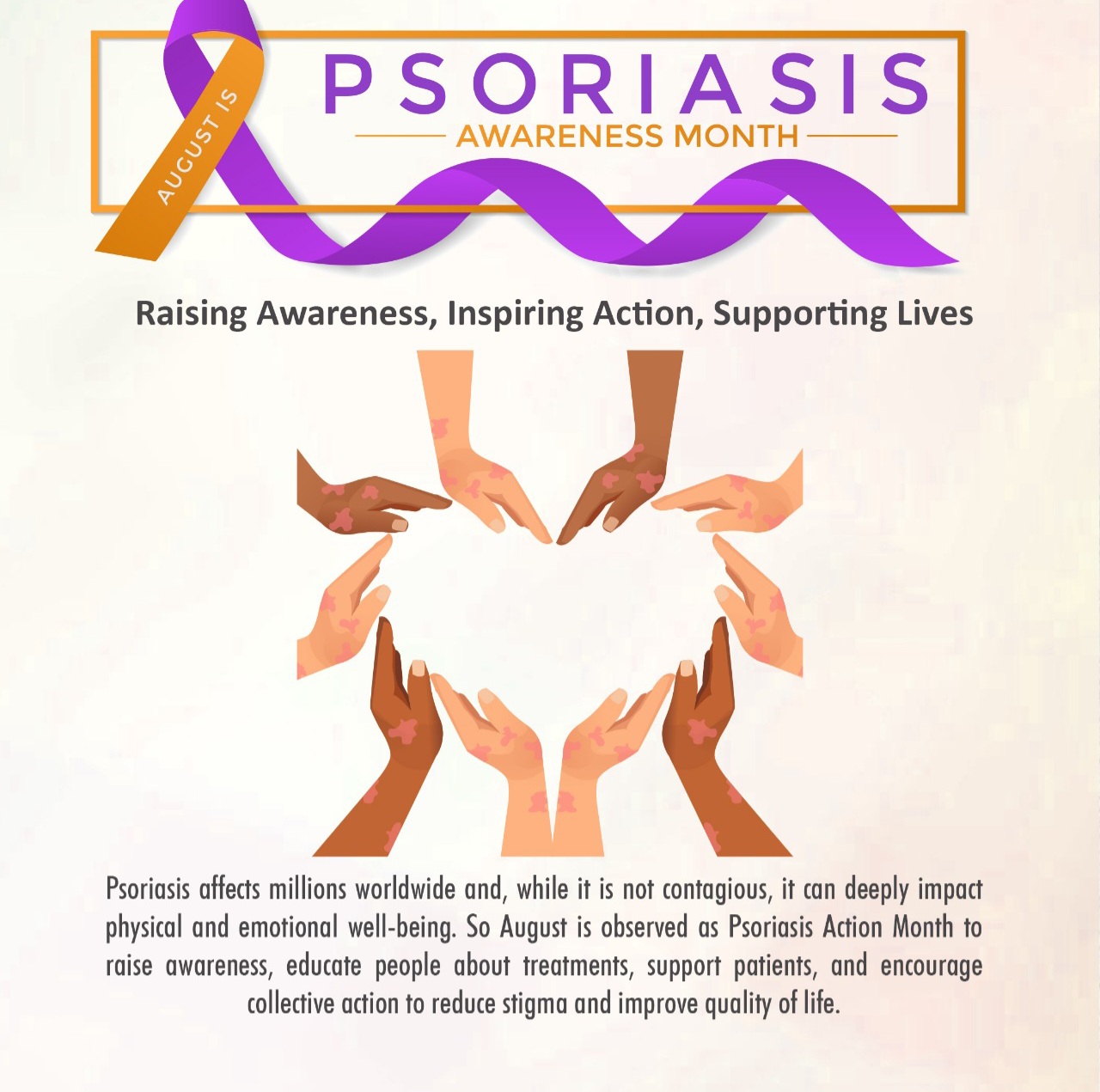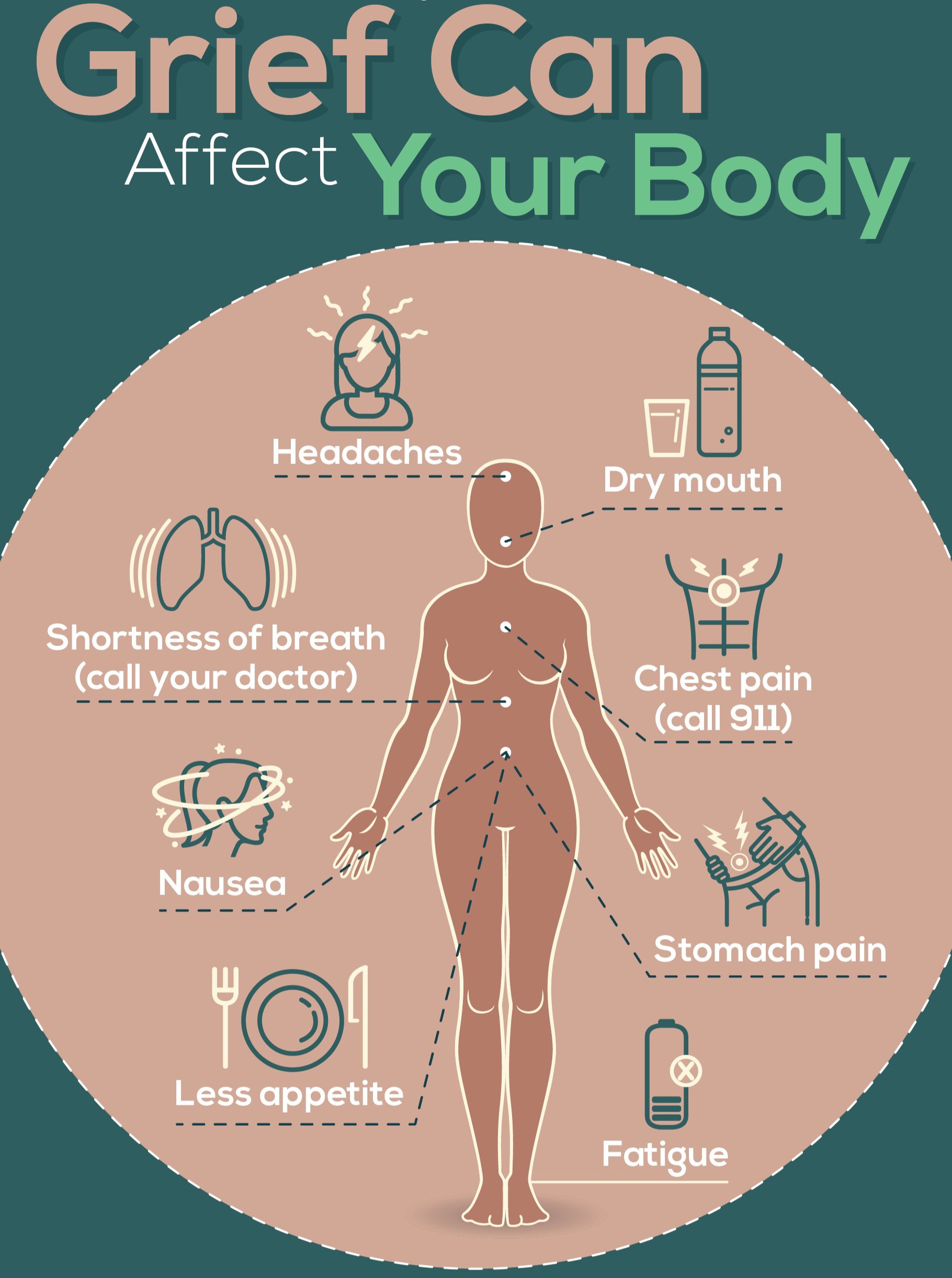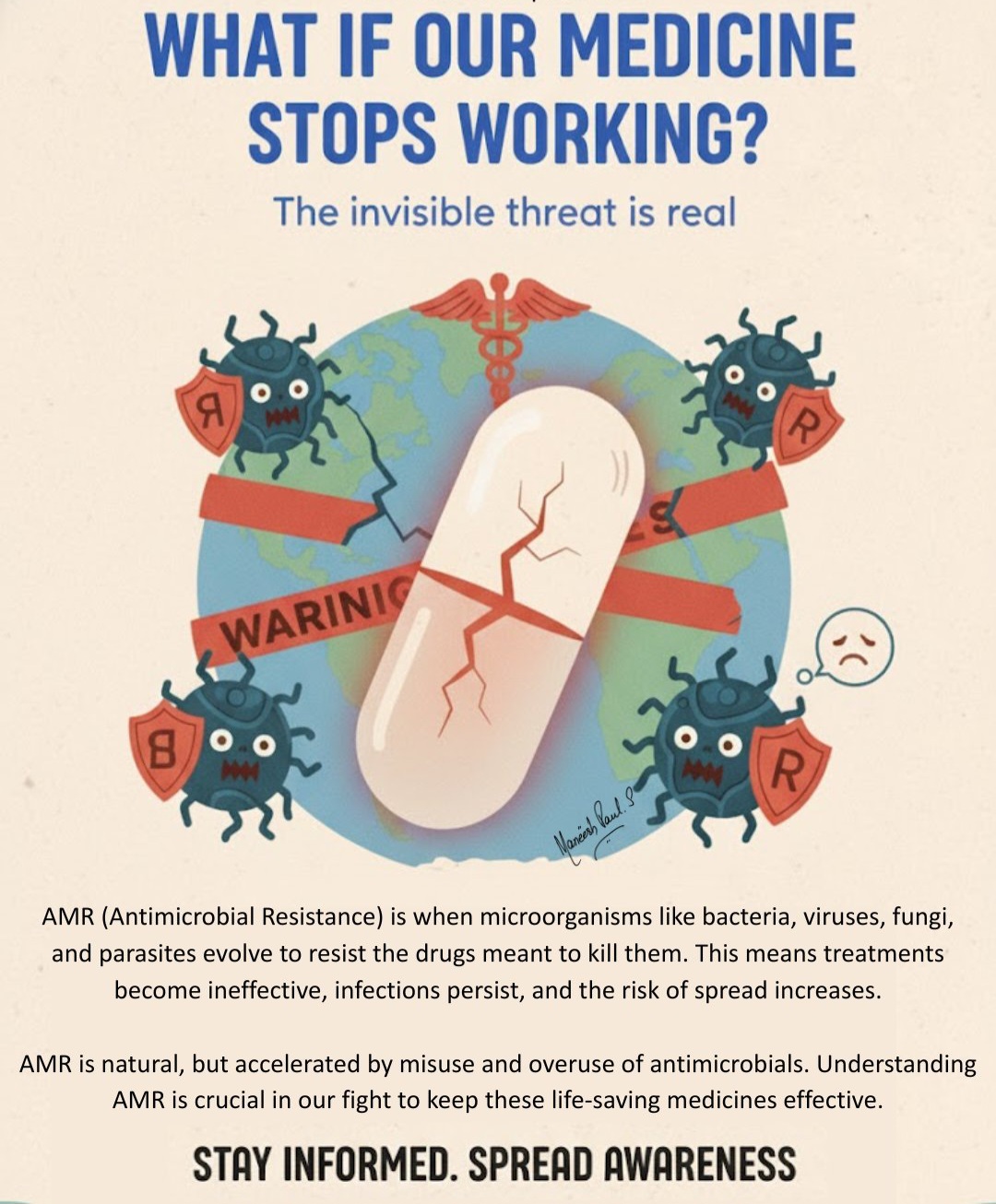The Importance of Regular Health Check-Ups for Men
Many serious health issues in men—including high blood pressure, diabetes, reproductive health issues and certain cancers—often develop silently.
1. Don’t Wait for Symptoms — Be Proactive
Tip: Visit a healthcare provider at least once a year for a complete physical and reproductive health check-up — even if you feel fine. Early detection saves lives.
2. Monitor Your Heart Health
Cardiovascular disease is a leading cause of death in men, often without warning signs.
Tip: Annual check-ups should include blood pressure, cholesterol, and lifestyle review to lower your heart disease risk.
3. Screen for Diabetes
Diabetes affects fertility and sexual performance. Left unchecked, it can cause erectile dysfunction (ED), nerve damage, and kidney problems.
Tip: Get your blood sugar checked regularly — especially if you're over 45, overweight, or have a family history.
4. Take Reproductive Health Seriously
Reproductive and sexual health is a major part of overall well-being for men.
Top issues are:
- Erectile dysfunction (ED)
- Low testosterone (hypogonadism)
- Fertility concerns (sperm count, libido)
- Testicular pain or swelling
Don't delay seeking help — many reproductive issues are treatable when detected early.
5. Don’t Ignore Prostate Health
Prostate problems—including benign prostatic hyperplasia (BPH), prostatitis, and prostate cancer—are common after age 40.
Tip: Get prostate screening (PSA test or DRE) from age 50, or earlier if you’re at higher risk (family history, African ancestry).
6. Mental Health Is Health
Untreated depression or anxiety can affect libido, sexual performance, and relationships.
Tip: Regular check-ups are a safe place to talk about stress, mood changes, or sleep issues. Early counseling or treatment can improve both mental and sexual health.
7. Get Tested for STIs — Even Without Symptoms
STIs like chlamydia, gonorrhea, and HIV often present without early symptoms and can affect fertility.
Tip: Request routine STI screening, especially if you're sexually active with multiple partners or starting a new relationship.
8. Consider a Fertility Assessment if Planning a Family
Low sperm count, hormonal imbalances, and lifestyle choices can impact fertility.
Tip: If you’ve been trying to conceive for over a year without success, talk to your doctor about a sperm analysis and hormone tests.
9. Stay Up to Date on Vaccines — Including HPV
HPV isn't just a women’s issue. It can cause genital warts and increase men’s risk for penile and throat cancers.
10. Build a Complete Health Profile
Keeping consistent records with your provider helps track your reproductive and general health over time.
Tip: Bring up family history, past infections, or any changes in your sexual function — it's all part of personalized care.
Note: A full-body check-up is not complete without checking in on your reproductive and sexual health. Men’s health includes your mind, your body, your relationships — and your future family.












































































































